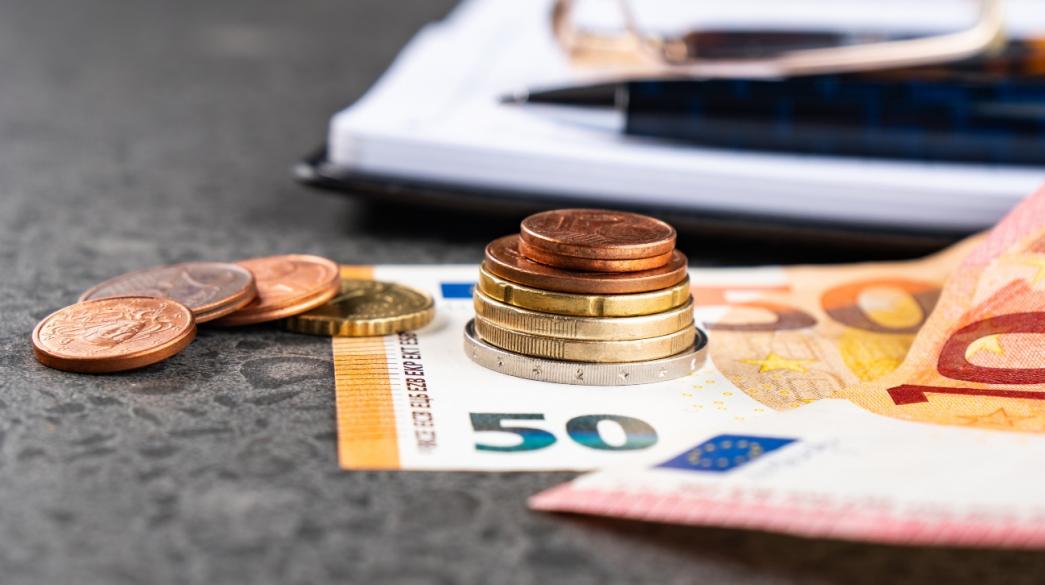Bank deposits in Greece are set to further rise in coming months amidst the country’s economic rebound though higher cash levels may not necessarily just reflect stronger households and businesses but rather deeper weaknesses, economists say. Although many companies are now able to move ahead with investments to improve their business, many are still moving defensively, keeping deposits high as they remain concerned about the duration and resilience of the current economic upturn.
According to the latest data from the Bank of Greece, private sector deposits advanced 1.8 billion euros (13.2%) in July to 171.7 billion euros, with most of the increase coming from businesses (1.05 billion euros).
Economists speak of a trend similar to that seen in 2019, before the pandemic, when the economy had also entered a growth phase. Now, however, deposits are growing at a much faster pace. In recent years, deposits have been constantly increasing, but since the summer of 2020, growth has hit double digits.
With the government's ongoing measures aimed to protect the economy from the pandemic, businesses and households have been given breathing space. Government money being poured into the economy has helped many create a cash cushion for many, who now appear reluctant to let go of despite the improved conditions. Some 18 months since the pandemic struck, and 3 lockdowns later, the risk appetite in Greece right now appears to remain low.
With households, their reluctance to spend their cash is perhaps more justified. With a labor market that remains weak, many new consumer decisions look to have remained in ice. In business, things are different. They are moving defensively, even though conditions justify more aggressive moves. Reflecting this are the low inventory levels held by businesses.
According to think tank IOBE, its Industrial Business Expectations index in July strengthened, but inventory levels dropped. "With finished goods, the balance fell significantly and stood at +1 (from +12 in the previous month) points, with 15% of companies reporting high stocks for the season and 14% (from 8%) stating the opposite," IOBE says in a bulletin.
Although everyone agrees that conditions have improved, inventory levels have in many cases fallen to the bare minimum, economists point out. In the second quarter of the year, turnover booked by businesses jumped to 78.4 billion euros, compared to 60.6 billion euros in 2020, according to ELSTAT.
Low inventory levels also reflect declining investment sentiment, weighing on the economy’s future growth and job creation. "In sectors, such as exports, the defensive stance adopted by businesses right now is a surprise. Many companies are adopting a wait-and-see stance to see how the winter will go before they make any future move," a leading economist tells BusinessDaily.gr.









